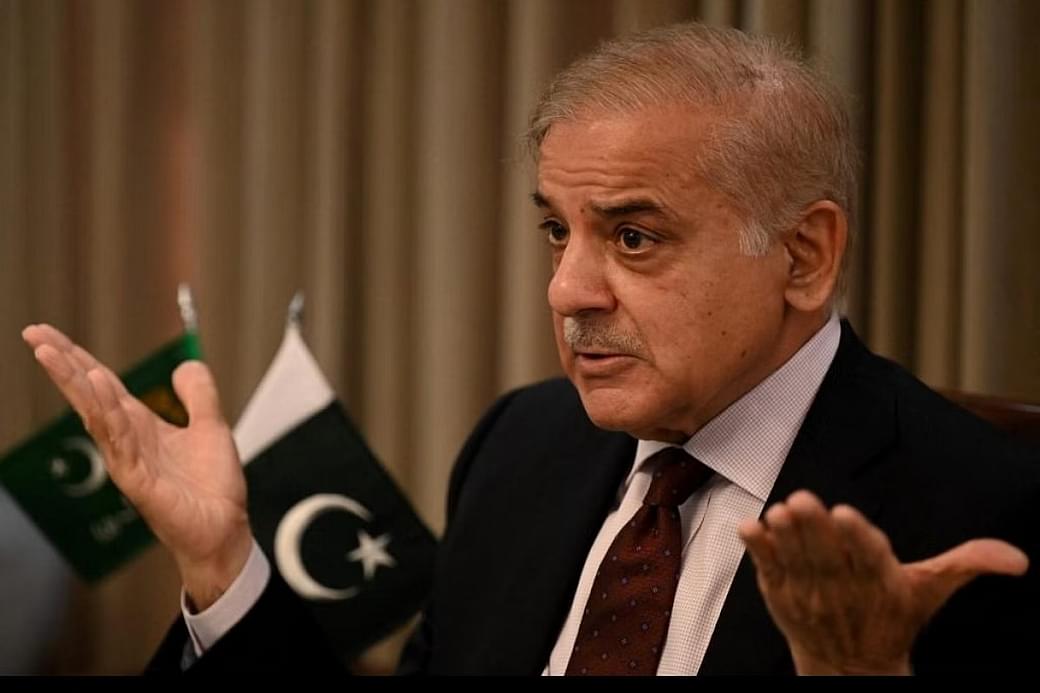Islamabad, Pakistan, June 30: Pakistan has reached a crucial $3 billion bailout agreement with the IMF after an eight-month delay. The deal, subject to approval by the IMF board in July, offers some respite to Pakistan as it grapples with an acute balance of payments crisis and dwindling foreign exchange reserves.
While the funding provides short-term relief, concerns remain about whether it will effectively address Pakistan’s underlying economic challenges.
Bailout Details:
The IMF and Pakistani authorities have reached a staff-level agreement on a nine-month standby arrangement worth approximately $3 billion. The funding, spread over nine months, exceeds initial expectations. This deal follows the expiration of a $6.5 billion bailout package agreed upon in 2019, of which $2.5 billion remained to be released.
Will It Help Tackle Country’s Looming Economic Crisis:
Pakistan’s economy has faced multiple challenges in recent times, including devastating floods, rising commodity prices, declining exports, increasing imports, depleting foreign exchange reserves, a weakening Pakistani rupee, power shortages, and food and health crises.
The country’s mounting external debt, particularly to China, has pushed it closer to a default situation.
With soaring inflation and foreign exchange reserves barely covering a month’s worth of controlled imports, the absence of an IMF deal could have led to a spiraling debt default.
Pakistan has a history of receiving IMF bailout packages, having done so 23 times, the highest number globally.
However, instead of utilizing the funds for long-term programs or implementing crucial reforms, the country often allocates the funds to pay off external debts.
There have been reports suggesting that previous IMF funds were used for Chinese loan repayments and military expenses owed to China.
Economists, both within Pakistan and abroad, have identified factors such as economic mismanagement, institutionalized corruption, excessive defense spending, extremist-driven instabilities, and dwindling investments as contributors to Pakistan’s worsening economic situation.
While the $3 billion IMF package may provide some short-term relief to the economy, concerns persist regarding the ongoing economic instability and the looming fear of default.
In a microeconomic situation, the government’s fulfillment of IMF preconditions has placed a burden on the cost of living for ordinary Pakistanis.
Recent budgetary changes, including increased direct and indirect taxes and reduced subsidy transfers, have further escalated commodity prices.
Analysts argue that Pakistan has got addicted to the IMF funding and its stringent pre-conditions.
To stabilize its economy, Pakistan needs to undertake structural reforms and implement strong economic management, much like its South Asian neighbor Sri Lanka did following its default and forex crisis last year.
While the IMF bailout offers some temporary respite, the underlying challenges confronting Pakistan’s economy necessitate a comprehensive and sustainable approach to achieve long-term stability.






